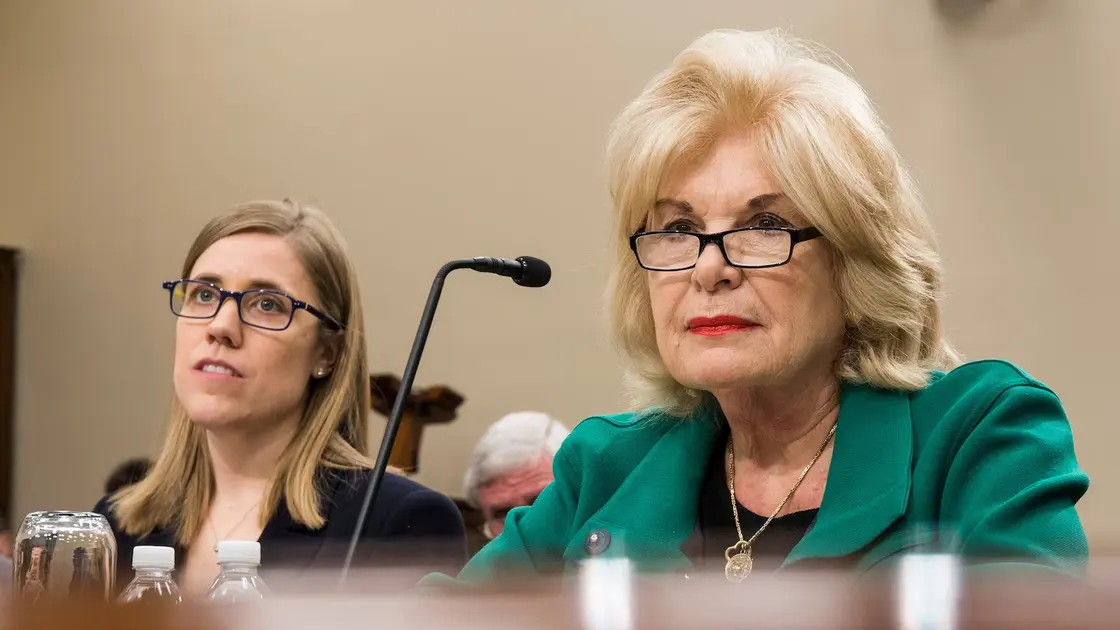T4K3.news
Longevity reshapes the federal budget reality
A look at how longer life and new drugs affect government spending and policy choices.

A look at how longer life and new drugs affect government spending and policy choices.
Longevity reshapes the federal budget reality
Last year the Congressional Budget Office published a study on the budgetary effects of hepatitis C treatment. It finds that expanding access to antivirals saves money over a decade by avoiding costly liver disease and related care, even after including drug costs. In the ten year window, the federal government would see net savings as fewer people require transplants and long term care. The piece notes a twist: curing hepatitis C extends life, which can shift the balance of costs in unexpected ways and complicates simple tax and spend arithmetic.
The article traces a longer history of longevity and budgets, comparing with cigarette taxes where early health gains can be offset later by pension costs. It explains that longer life means more years of Social Security and Medicare benefits to pay, a dilemma sometimes called a Grim Reaper effect. The takeaway is that living longer is a public good that complicates budgets rather than a clean win for either side. The piece also suggests a practical path: more symmetric accounting approaches that count both the costs and the benefits of longer lifespans, not just the health side of the ledger.
Key Takeaways
"If you’re healthier, you don’t need so much health care."
Doug Elmendorf on budget effects of healthier populations
"Not Smoking Could be Hazardous to Pension System."
Malcolm Gladwell on pensions
"The effects of making people healthier are good for those people, obviously, but also perhaps good for the federal budget."
Elmendorf on health and budget balance
"It wasn’t obvious offhand what the balance of those effects would be."
2012 CBO discussion of longevity effects
Policy makers face a hard truth: saving lives does not automatically save money. The budget math depends on timing, the structure of benefits, and how we score policy changes. The CBO looks for near term savings from less disease and later costs from longer lifespans, but the balance shifts as population aging deepens. The piece argues for a more nuanced scoring method, such as population change accounting, to capture direct effects on employment and tax revenue alongside traditional cost estimates. It also flags the social and political reality: deficits and aging voters shape what counts as a responsible policy, even when the moral case is strong.
Beyond numbers, the piece invites a broader reflection on public priorities. If extending life means more years of benefits, should policy also invest in a stronger social safety net for older Americans and more support for younger generations? The answer is not simple, but awareness of longevity’s budget impact can guide more honest debates about fiscal trade offs and social values.
Highlights
- Longer life, bigger budget questions
- Saving lives should not mean ignoring the ledger
- Longevity is a policy test not a simple win
- Policy must count the cost of longer lives
Budgetary and political sensitivity
The piece discusses how longer lifespans interact with Social Security and Medicare budgets, a topic likely to draw political attention and public reaction.
Policy choices will continue to weigh health gains against the cost to the treasury.
Enjoyed this? Let your friends know!
Related News

Russia to invest $1.1 trillion in military buildup

Public Broadcasting Corporation announces shutdown

CPB to initiate major job cuts following funding reductions

Trump's tariffs lead to economic uncertainty in the U.S.

Social Security may face $18,000 annual cut for retirees

Trump refrains from firing Fed Chair amid market concerns

Elon Musk takes bold political stance with Trump

CPB will end operations due to funding loss
